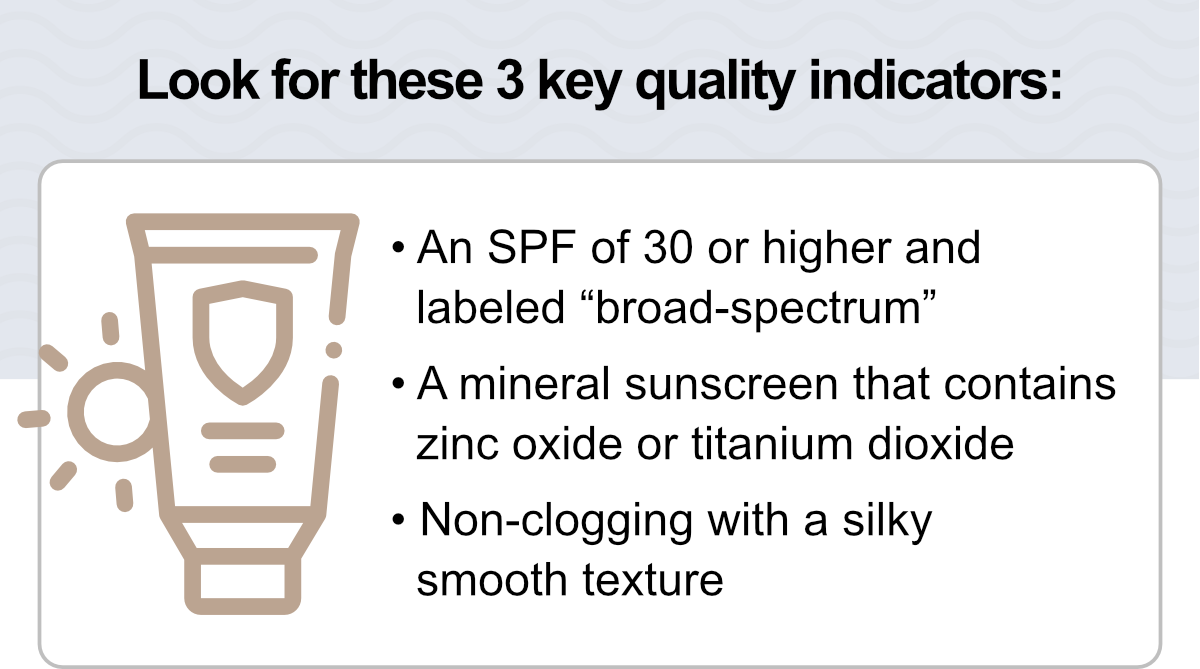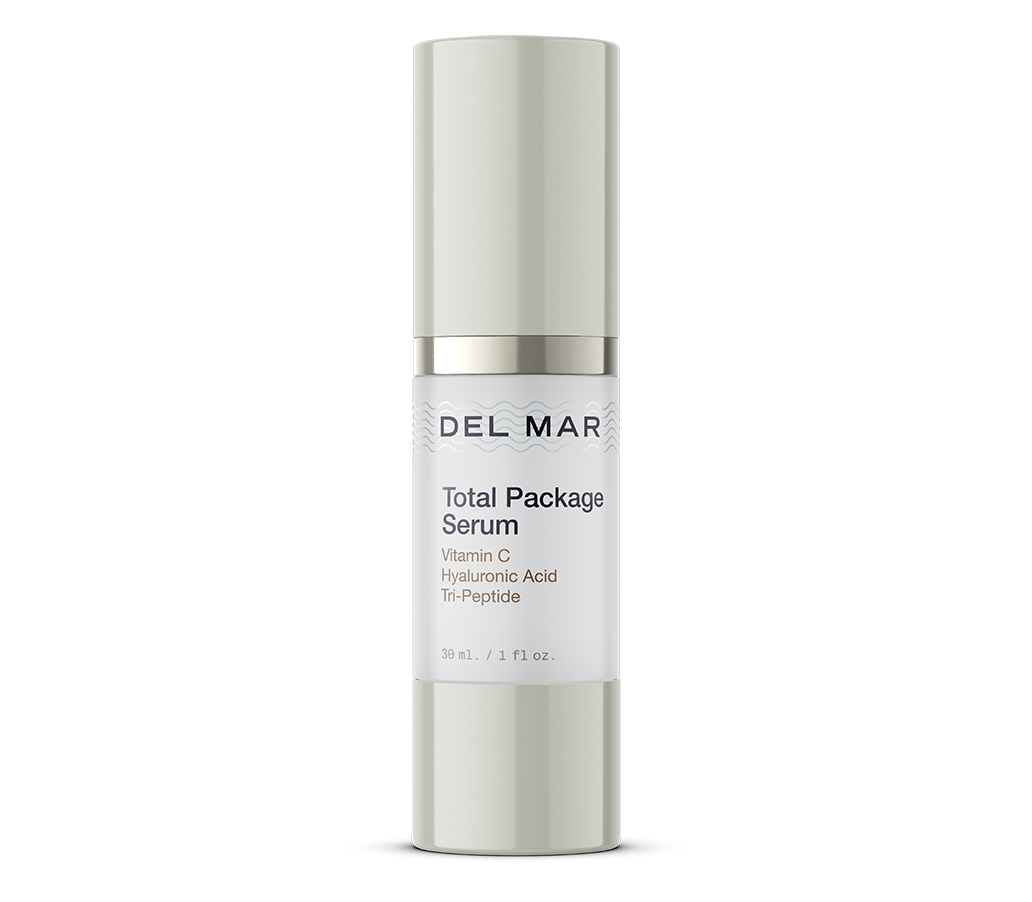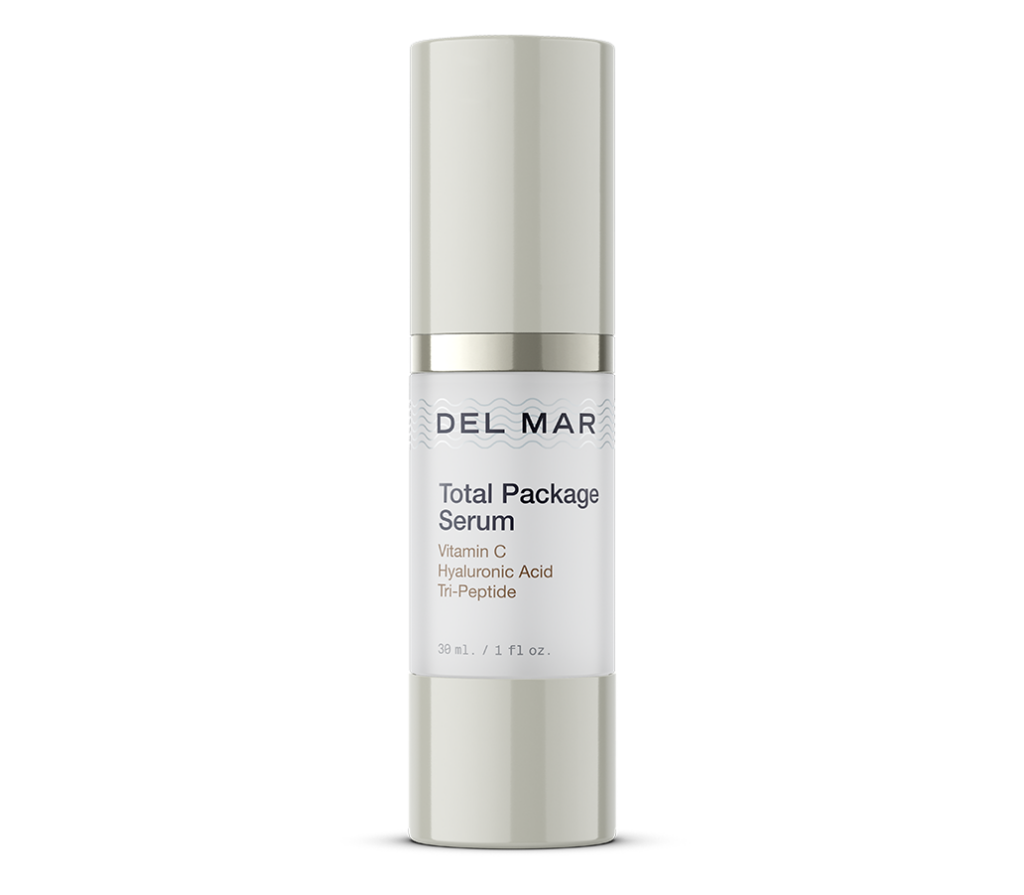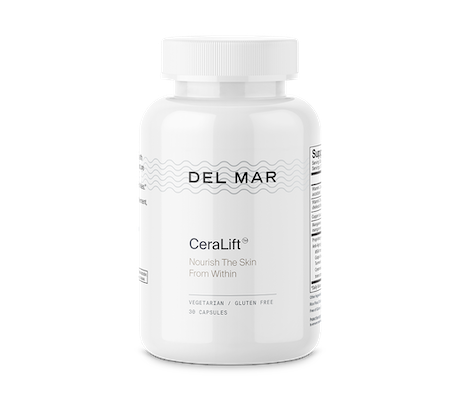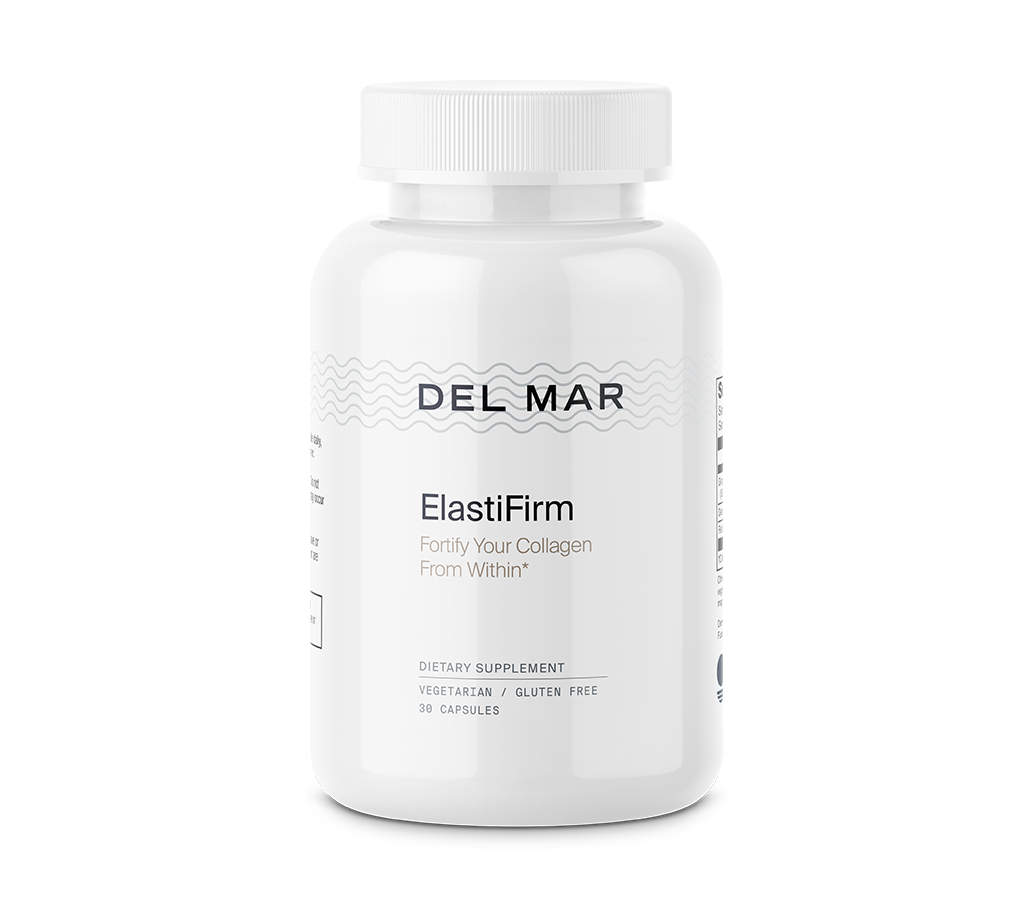Our skin is constantly being assaulted from every direction.
Airborne pollution floating around, seeping into our pores and causing inflammation, breakouts, and premature aging…
The sun’s UV rays burning our skin, causing saggy droopy skin, sun spots, and an overall dull appearance…
And if that weren’t enough, there are free radicals wreaking havoc on our skin cells, destroying precious collagen and elastin fibers which keep skin looking plump and smooth.
So after a short trip outside or a long day at work, it’s no wonder our skin looks tired and worn out.
If you’ve ever slathered on moisturizer after a cross-country trip only to find that your skin still feels dry, itchy, and irritated, you know what I’m talking about.
The good news is that there are ways to protect your skin.
Here are 3 powerful ways to protect your skin from UV rays, pollution, and free radicals:
Sun exposure is one of the biggest culprits when it comes to premature aging of the skin. The sun’s UV rays can wreak havoc on your healthy cells, breaking down collagen fibers in your skin leading to wrinkles, sagging skin, and age spots.
And the worst part?
Even if you stay in the shade all day, you’re still not completely safe from UV rays.
These invisible rays can penetrate through clouds and even through glass. UV rays can also reflect off of nearly any surface, from water to sand to snow.
That’s why it’s so important to wear sunscreen every day, even when it’s cloudy. If you’re spending extended periods outdoors, make sure to reapply sunscreen every two hours or as directed on the label.
How can you best protect yourself from UV rays?
Use the right sunscreen.
Broad-spectrum means that the sunscreen will protect you from both UVA and UVB rays.
Zinc oxide and titanium dioxide are physical sunscreens that work by sitting on top of your skin and deflecting the sun’s rays. They are ideal for people with sensitive skin because they don’t contain any chemicals that could potentially irritate your skin.
Finally, make sure to find a non-clogging sunscreen. Sunscreens that are thick and greasy can clog your pores and lead to breakouts!
Pollution isn’t just bad for the environment—it’s also bad for your skin and health.
According to a recent 2021 study, pollution in cities has been directly linked to a rise in skin disorders. Acne, hyperpigmentation, atopic dermatitis, and other serious skin conditions are just a few of the problems that have been linked to air pollution.1
When these nasty particles come into contact with your skin, they can seep into our pores and cause inflammation, irritation, and breakouts.
What’s even more alarming is that pollution is affecting our respiratory health as well.
In the United States, nearly 134 million people— more than 40% of the population– are at risk for disease and premature death because of air pollution, according to the American Lung Association.
How can you best protect yourself from pollution?
The best way to protect yourself from pollution is to:
- Avoid highly polluted areas as much as possible. If you live in a city, try to stay away from congested areas and major highways
- Wash your face every night with a gentle cleanser to remove all the dirt and grime that has accumulated during the day
- Use a face mask when you know you’ll be in a highly polluted area
- Check out air purifiers for your home or office
Free radicals are devious little molecules that can cause a lot of damage to your skin.
These unstable molecules are caused by things like sun exposure, pollution, stress, and smoking. Once produced, they go on a mission to break down healthy cells and can cause “oxidative stress”.
Imagine an apple that’s been cut open and left out in the air.
The exposed flesh of the apple turns brown because it’s been oxidized by the oxygen in the air. Similarly, free radicals can cause oxidative stress in your skin cells, leading to premature aging, wrinkles, and fine lines.
How can you best protect yourself from free radicals?
Aim to nourish your skin from the inside out.
Free radicals are a natural byproduct of the body’s oxidation process, so you can’t completely avoid them. But you can minimize their effects by eating antioxidant-rich foods.
Try eating more of these antioxidant-rich foods:
- Vitamin C: found in citrus fruits, strawberries, and kiwis
- Vitamin E: found in nuts, seeds, and leafy green vegetables
- Lycopene: found in tomatoes, watermelons, and pink grapefruits
- Selenium: found in Brazil nuts, tuna, and oysters
Superfoods like acai berries, goji berries, and blueberries are also high in antioxidants.
All these antioxidants help to scavenge free radicals and protect your skin cells from damage. When it comes to preventing aging skin, these three enemies are some of the worst offenders.
By taking some simple precautions, you can help protect your skin from the harmful effects of UV rays, pollution, and free radicals. And who knows, you might just keep your skin looking young and fresh for years to come!


